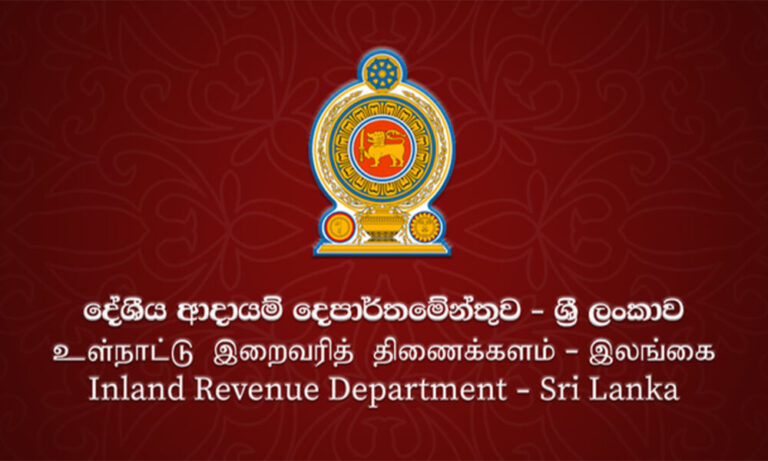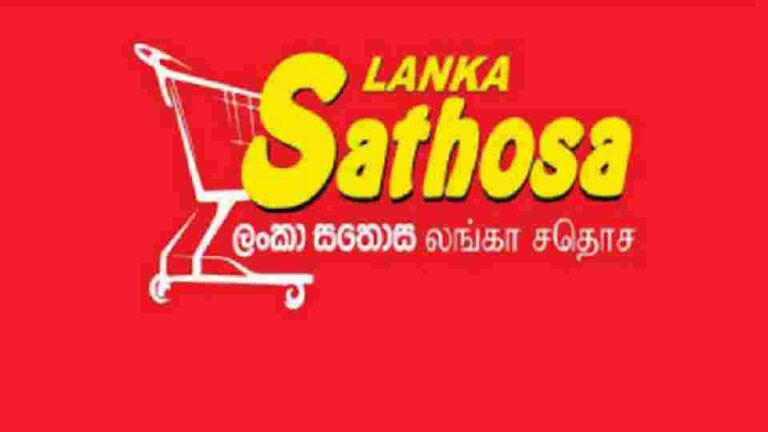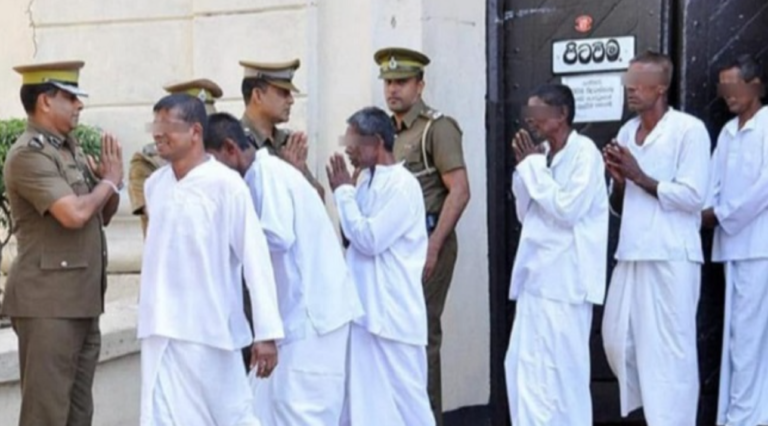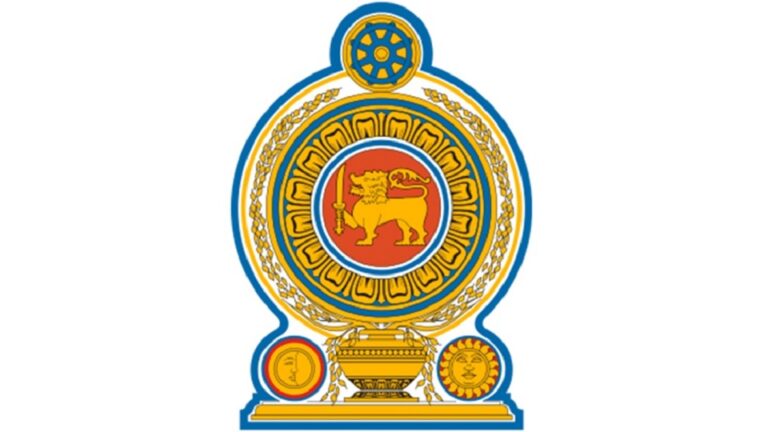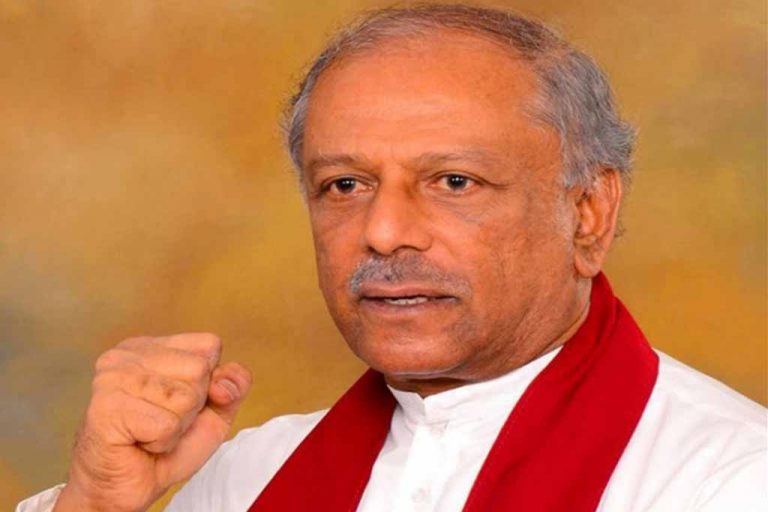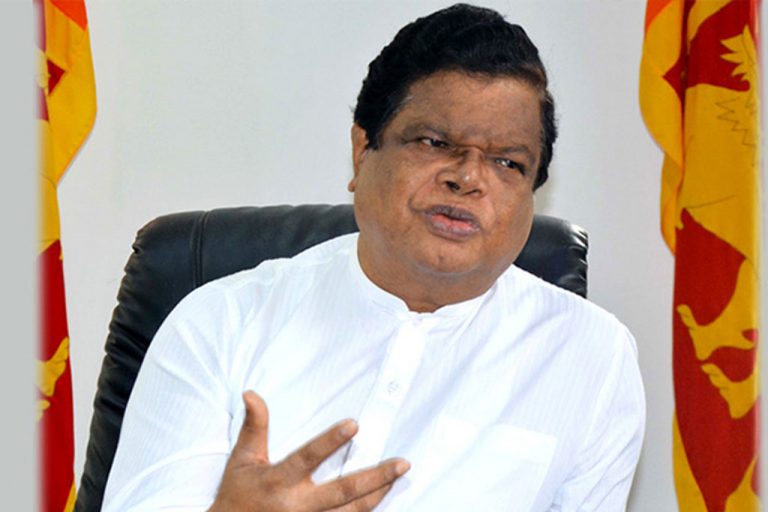By: Staff Writer
April 10, Colombo (LNW): A.P. Moller – Maersk (Maersk) today inaugurated its brand new warehouse in Sri Lanka at Wattala, spread over 100,000 sq. ft.
Present at the inauguration were Vikash Agarwal, Managing Director, Maersk South Asia, Biju Ravi, Head of Maersk Sri Lanka and Dr Parakrama Dissanayake – Deputy Chairman & Managing Director, Aitken Spence PLC and other leaders.
This new facility is a testament to Maersk’s commitment to providing integrated supply chain solutions, offering a strategic advantage for various global customers and local suppliers in the retail and lifestyle sector.
“Our new warehouse in Sri Lanka represents a strategic milestone in our commitment to strengthen our operations in the country.
By leveraging Sri Lanka’s growing prominence as a logistics hub and investing in infrastructure that our customers have shown interest in, Maersk aims to deliver unparalleled value to its clients while contributing to Sri Lanka’s economic growth and development.”
Strategically located in Wattala, a mere 11 km from the seaport, Maersk’s new facility is poised to leverage Sri Lanka’s advantageous geographical position as a vital hub for trade routes connecting Asia, Africa, and Europe.
With the country’s thriving trade sector and government initiatives to improve infrastructure and ease of doing business, Sri Lanka presents an ideal environment for Maersk to strengthen its presence in this strategic market.
The 100,000 sq. ft. warehouse offers export consolidation and 3PL services, with 50,000 sq. ft dedicated to each. Maersk’s new facility will provide end-to-end supply chain solutions, including storage, inventory management, and distribution, serving global and local customers.
The 3PL facility allows suppliers to store their cargo and move quickly to consolidation points without losing time.
Maersk’s next-door empty yard provides faster movement of containers into the consolidation point and then to the port. This new warehouse will be able to serve almost the entire Colombo market within four hours.
Further, the facility features rainwater harvesting, LED lighting, and solar module compatibility for environment-friendly operations.
Meanwhile Maersk introduced its online shipping facility named Twill to participants at an online webinar recently conducted in collaboration with the Sri Lanka Export Development Board (EDB).
Twill aims to offer small and medium-sized enterprises (SMEs) with a simple, reliable, and easy-to-use online platform to manage their logistics efficiently.
The objective of the webinar was to provide information on easy online shipping methods available for SME exporters in Sri Lanka, according to a joint press release by the EDB and Maersk.
Twill is a tailor-made, end-to-end customer experience built to serve SMEs, and has over 5,000 active customers. The platform provides greater control of shipments by offering instant price quotes and booking, transparency and tracking services, simplified paperwork, and proactive customer care.



